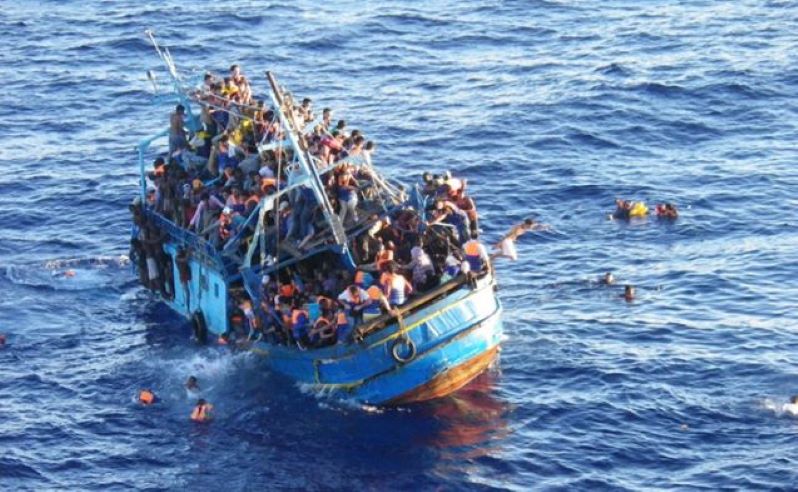MADRID — In the latest grim reminder of the perilous Atlantic migration route, at least nine people have drowned and 48 remain missing after a boat carrying migrants capsized off Spain’s Canary Islands overnight, according to Spain’s national maritime rescue service. The boat, which had been carrying 84 passengers, sank near the island of El Hierro, prompting a frantic rescue operation.
Rescuers responded to a distress signal received just after midnight, and by the time they arrived, 27 survivors had been pulled from the water. Despite their efforts, the fate of nearly half of those on board remains unknown, as hopes for finding more survivors dim with each passing hour.
This heartbreaking incident adds to the mounting toll of lives lost on the dangerous route to Europe, where overcrowded and unseaworthy vessels continue to carry desperate passengers seeking safety and opportunity. The Atlantic crossing from West Africa to the Canary Islands has become one of the most treacherous paths for migrants, and fatalities are tragically common.
In early September, 39 migrants perished when their boat sank off the coast of Senegal, similarly attempting to reach the Canaries, a stepping stone for many hoping to enter mainland Europe. Thousands have died in recent years attempting this perilous journey, driven by the lure of safety, security, and a future in Europe.
“A Structural Humanitarian Tragedy”
Regional President of the Canary Islands, Fernando Clavijo, expressed his sorrow and frustration, calling once again for decisive action: “This latest tragedy starkly underscores the lethal risks of the Atlantic migration route,” Clavijo wrote on X (formerly Twitter). “We urgently need Spain and the European Union to act with resolve in addressing this ongoing humanitarian catastrophe, with lives being lost mere meters from Europe’s southern border.”
The crisis has prompted increased international attention, with Spain attempting to strengthen diplomatic and cooperative efforts with key African nations. In late August, Spanish Prime Minister Pedro Sánchez visited Mauritania and The Gambia, securing agreements aimed at cracking down on people-smuggling networks while opening more legal channels for migration. However, the effectiveness of these initiatives remains to be seen as the flow of migrants continues unabated.
A Dangerous Route and a Growing Crisis
The Atlantic migration route has seen a sharp increase in activity this year. As of mid-August, a staggering 22,304 migrants had arrived in the Canary Islands, more than double the number recorded in the same period last year. This comes as favorable weather and sea conditions typically spur a spike in crossings between September and December, setting the stage for what could be a record-breaking year. In 2023, nearly 40,000 migrants entered the Canary Islands—a figure expected to be surpassed as migration pressures mount.
Despite efforts by Spanish and EU authorities to stem the tide and ensure safer legal pathways, the lure of Europe and the desperation in migrants’ home countries continue to drive thousands toward the deadly journey across the Atlantic.
For those who survived the latest disaster, the fight for a better future is only beginning, while for others, the dream of reaching Europe’s shores has come to a tragic and untimely end. As the search for the missing continues, this catastrophe serves as a sobering reminder of the urgent need for more effective, humane migration policies that address the root causes of this relentless exodus.





